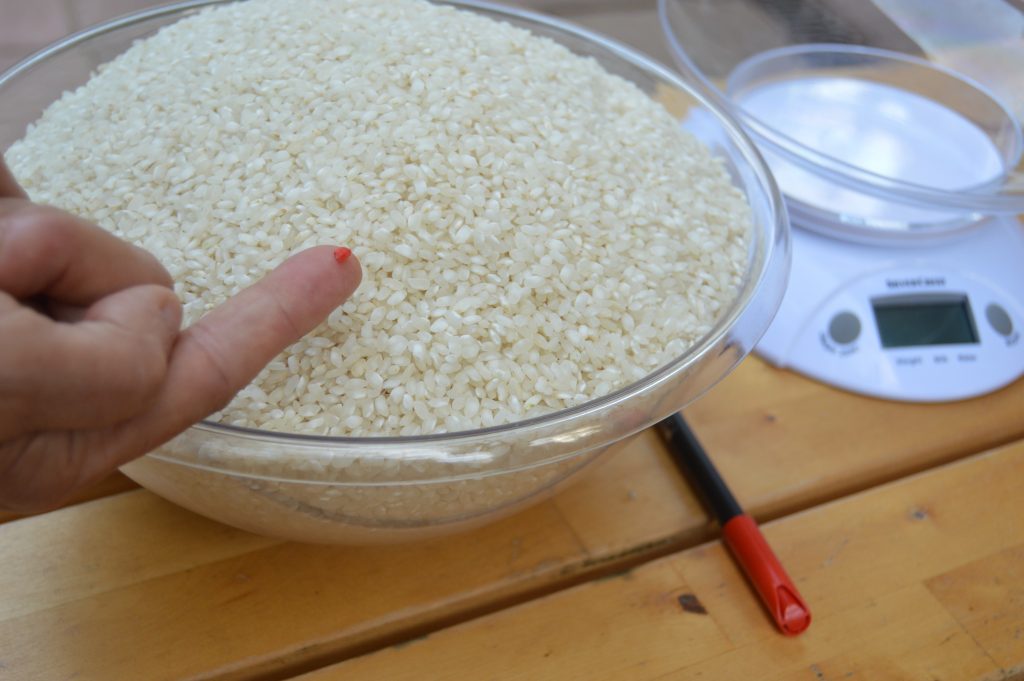In this hype there are 99,999 blue and one white balls.
Can you see it?
Did it cost you? Now imagine what it means to take it blindly!
Surely when we buy a lottery waiting for "La grossa" to touch us, we are not aware of how remote the probability is that it will touch us.
Why do we buy lottery? Cognitive bias
La probabilitat és \frac{1}{100000}=0,00001 que és extraordinariament baixa, però, tot i això, moltíssima gent compra loteries, fins i tot matemàtics! És difícil trobar algú que no n’hagi comprat. Per quina raó ho fem?
Usually, we buy and share the lottery with family, friends or neighbors. This strengthens and establishes very important social ties. The illusion and hope of winning are engines of our lives and, therefore, positive values. Advertising, without a doubt, is responsible for reinforcing these values.
But, above the above explanations, the belief stands out that "luck" can be on our side, that the probability of winning is small but affordable.
Cognitive psychology has identified this distortion or cognitive bias : our mind judges and decides based on the memories that our memory has inand in this case we only take into account the images of joy of the winners.
This is a terribly decompensated situation. We should also keep in mind, with the same intensity, all those who have lost their money. In the case of the Christmas lottery in which one in 20 numbers has a prize, if we allow 10 minutes of images and stories of the winners to enter our brains, we should also feed our brains with more than 3 hours (10·20 = 200 minutes) of equally shocking images of people who have lost their money.
Only then would our intuitive brain be able to make a correct assessment of the probability of winning. We will hardly submit to three hours of such torture, then; We do not have the pretense that the decision to buy lottery is logical.
- Hotel Area: Sala Lluís Santaló
- Minimum age: from 6 years old.
- Required time: 5 minutes.
- Number of participants: One or more people
- Keywords: Chance,
- Taxonomy: Probability and statistics

You are more likely to die from an accident!
Efectivament, segons dades del departament de Salut, l’any 2020 van morir a Catalunya 186 persones en accidents de trànsit, com que la població era de 7.722.203, la taxa per 100.000 habitats va ser de 2,41. La probabilitat de morir en accident en un any és \frac{2,41}{100000}=0,0000241 .
In other words:
It is much more likely to die from a car accident than to remove La Grossa.
Simulation with rice
Simulations help the difficult understanding of very large or very small values.
For example, the scale models of the solar system or also the compression in a single year of the entire history of the universe.
The lottery can be simulated with rice grains, it is an attractive and surprising activity that in the same way that this hype allows you to visualize the probability of 0.000001

